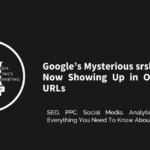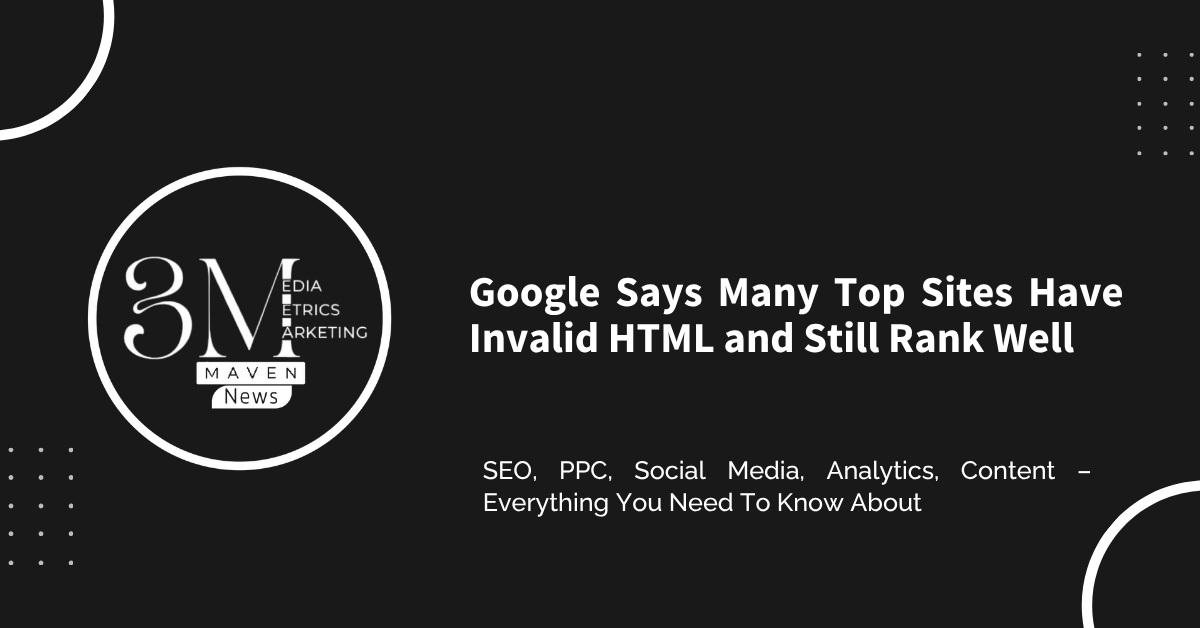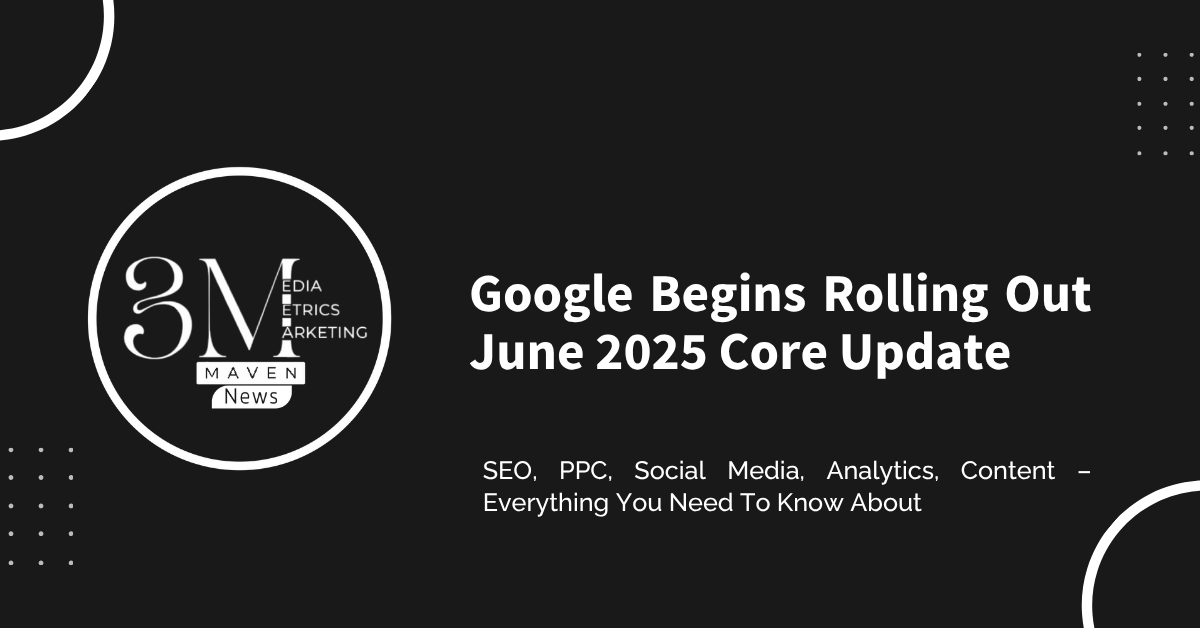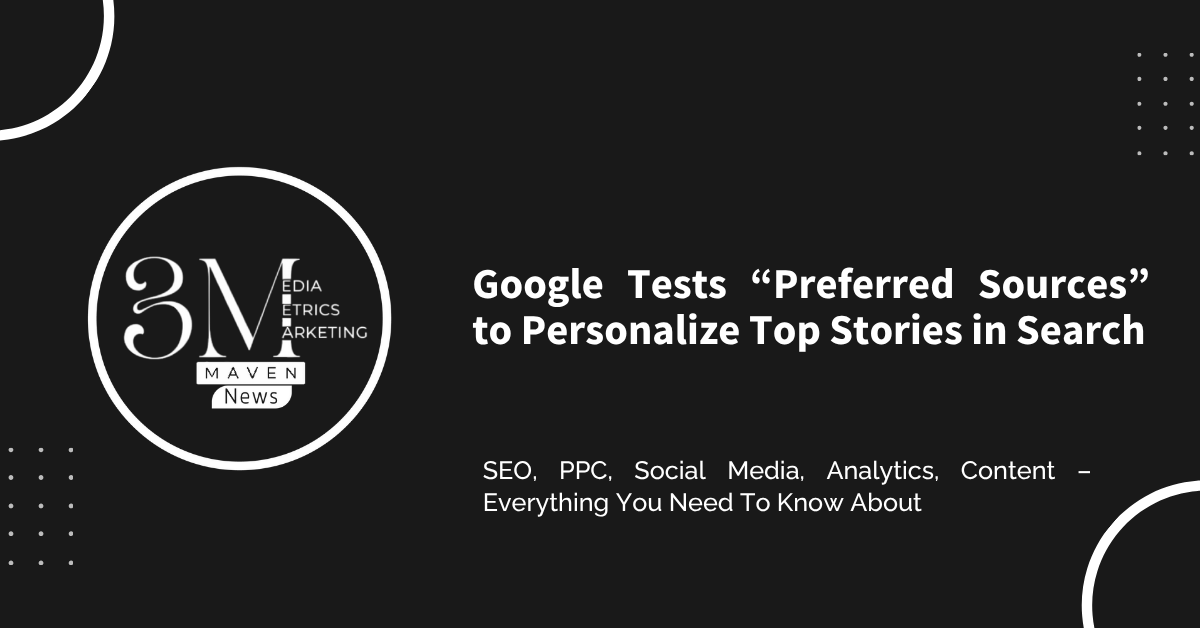Google is offering voluntary buyouts to employees across several of its core U.S.-based teams, including those working in Search, Ads, engineering, marketing, and research.
The program provides eligible employees with at least 14 weeks of severance and will remain available through July 1, according to reports from The Verge and The Information . The offer is limited to U.S. employees who are part of Google’s Core Systems division, excluding those at DeepMind, Google Cloud, YouTube, and central ad sales teams.
An Exit Path, Not a Layoff
Although Google has conducted layoffs in other departments earlier this year, this initiative is being presented as a different approach. It is entirely voluntary and framed as an opportunity for employees to exit if their personal goals or performance no longer align with the company’s direction.
In a memo obtained by Business Insider , Jen Fitzpatrick, Senior Vice President of Core Systems, explained:
“The Voluntary Exit Program may be a fit for Core Googlers who aren’t feeling excited about and aligned with Core’s mission and goals, or those who are having difficulty meeting the demands of their role.”
She further emphasized that the move isn’t about reducing headcount but rather creating opportunities for internal mobility and growth:
“This isn’t about reducing the number of people in Core. We will use this opportunity to create internal mobility and fresh growth opportunities.”
While the message avoids the appearance of forced exits, this move echoes past reorganizations. In January, Google initiated restructuring within its Platforms and Devices division, which eventually led to layoffs impacting the Pixel, Nest, Android, and Assistant teams. Whether the current buyout program will result in additional cuts remains uncertain.
New Return-to-Office Requirements
Alongside the exit program, Google is updating its hybrid work policy. All U.S.-based Core employees living within 50 miles of an approved office location are now expected to transfer back to an office and follow a standard three-day in-office schedule.
Fitzpatrick acknowledged that remote flexibility is still supported but stressed the importance of in-person collaboration:
“When it comes to connection, collaboration, and moving quickly to innovate together, there’s just no substitute for coming together in person.”
These changes reflect a broader cultural shift toward more in-office presence and alignment around shared strategic objectives.
Tied to Google’s Broader AI Strategy
This restructuring occurs as Google intensifies its AI-driven initiatives across business units. Over the past year, the company has:
- Introduced AI Overviews in Google Search
- Expanded access to AI Mode
- Enhanced automated ad tools for campaign creation and optimization
- Continued investing heavily in Gemini
- Announced a $32 billion acquisition of Wiz, a cloud-native cybersecurity firm focused on securing AI and multi-cloud environments
These developments illustrate how AI is transforming both internal operations and external offerings.
Fitzpatrick opened her memo by framing the current moment as a “transformational” shift for Google:
“AI is reshaping everything—our products, our tools, the way we work, how we innovate, and so on.”
Looking Ahead
While Google maintains that this is not a cost-cutting exercise, the combination of voluntary exits and stricter return-to-office policies signals a deliberate effort to refine its workforce. The company is clearly seeking teams that are engaged, physically present, and prepared to lead the development of next-generation AI-powered tools.
For marketers and SEO professionals, this restructuring may indicate faster product cycles, evolving search experiences, and deeper automation in advertising platforms.










